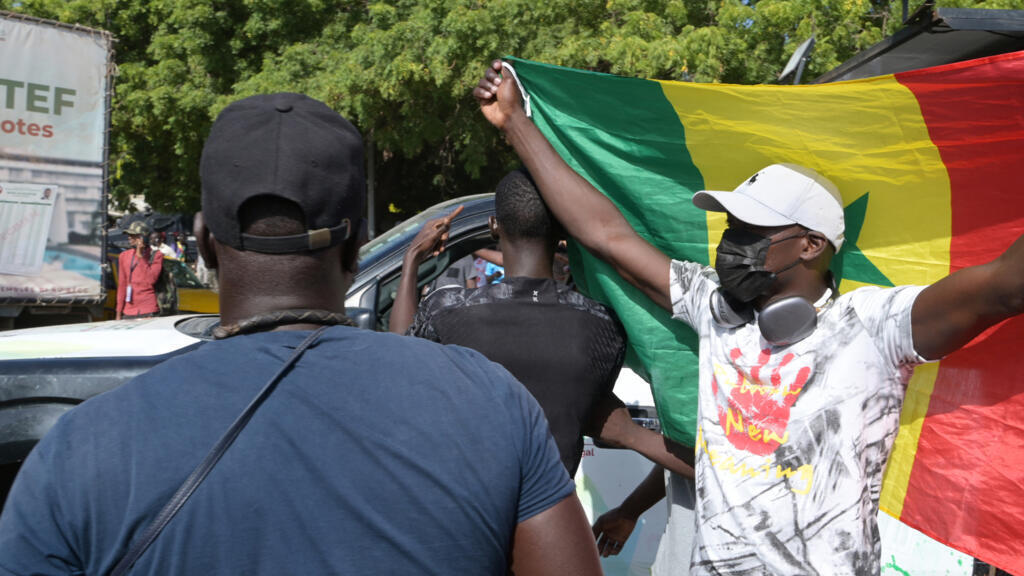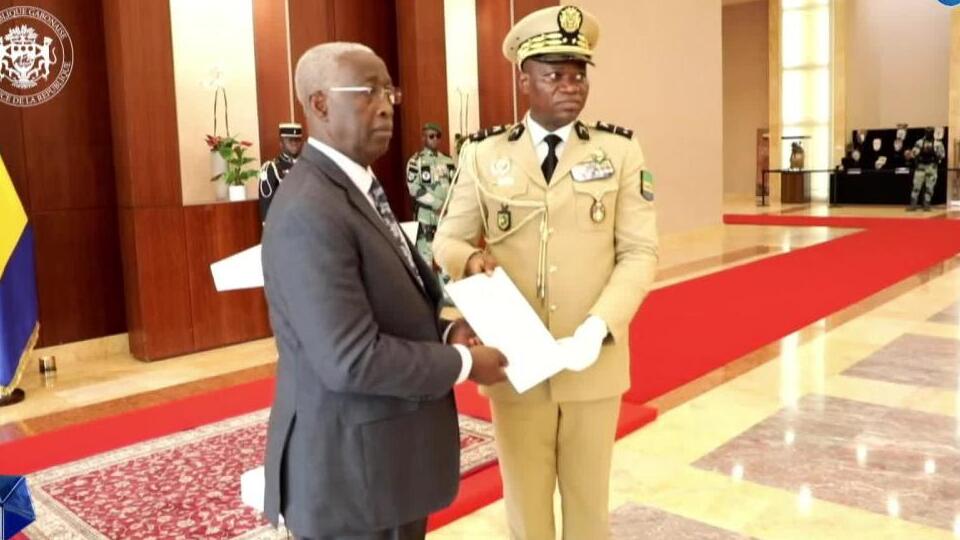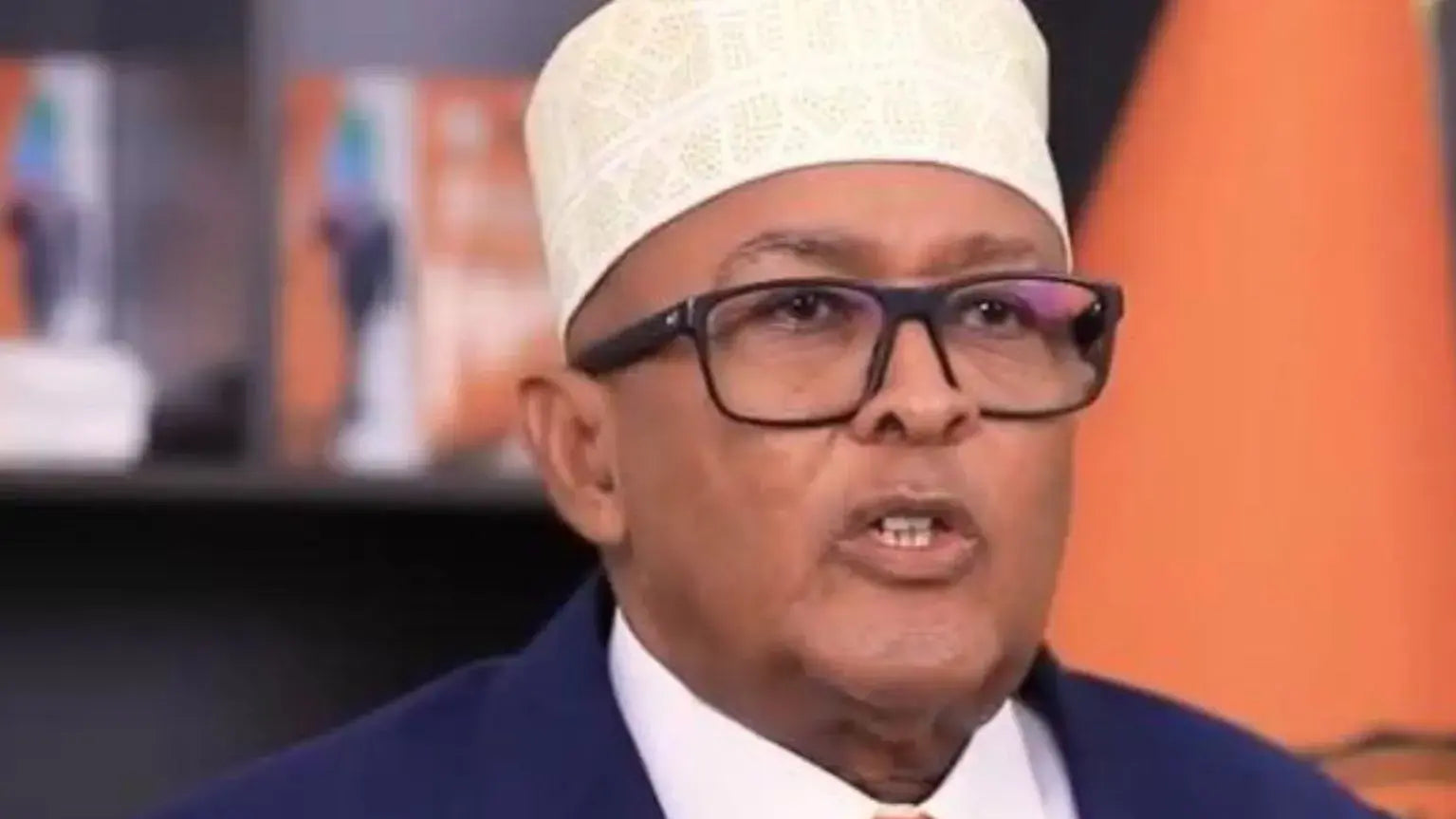
Senegal: Legislative campaign ends in an electric atmosphere
On the eve of the early legislative elections scheduled for this Sunday, Senegal is experiencing the final hours of an electoral campaign marked by palpable tensions and unprecedented political alliances.
A duel at the top: Sonko against Sall
The Senegalese political scene is dominated by the confrontation between two emblematic figures: Ousmane Sonko, Prime Minister and leader of the Pastef party, and Macky Sall, former president and head of the Takku Wallu Senegal coalition list. The latter, after leaving power last April, is making a remarkable return to the forefront of the political scene, campaigning from Morocco. His supporters, mobilized in Dakar, have increased their field actions, including caravans crisscrossing the streets of the capital to rally undecided voters.
For his part, Ousmane Sonko, strong in his position within the government, aims to consolidate his parliamentary majority to continue the reforms undertaken since he came to power last March. Pastef thus hopes to obtain a comfortable majority in the National Assembly, a sine qua non condition for the implementation of its political program.
A campaign under high tension
The election campaign was marred by violence and regrettable incidents. Clashes between supporters of the different camps were reported, particularly in Dakar and in the centre of the country. Ousmane Sonko’s convoy was attacked in Koungheul, resulting in injuries to his supporters. These incidents have revived fears of an escalation of violence in the run-up to the election.
Authorities have called for calm and restraint, urging political actors to focus on dialogue and respect for democratic rules. Nevertheless, mistrust remains, fueled by mutual accusations of provocation and manipulation.
Crucial economic issues
Beyond political rivalries, the legislative elections are taking place in a worrying economic context. Senegal is facing a major fiscal crisis, with a growing budget deficit and delays in IMF financing. Economic growth, initially forecast at 7.1%, has been revised downward to 6%, due to disappointing performances in key sectors such as agro-industry and construction.
Voters, faced with soaring inflation and rising costs of living, are looking for concrete solutions from candidates. Job creation, fighting corruption and managing natural resources are at the heart of concerns. Promises of economic reforms and transparency will be decisive in voters' choice.
Towards a decisive vote
With more than 7 million registered voters, Sunday's vote promises to be decisive for Senegal's political future. The results of the legislative elections could either strengthen the position of President Bassirou Diomaye Faye and his Prime Minister Ousmane Sonko, or open the way to cohabitation with a strengthened opposition.
International observers and civil society organizations are calling for free, transparent and peaceful elections. Senegal, often cited as an example of democratic stability in West Africa, is at a turning point in its political history. The democratic maturity of political actors and voters will be put to the test in this election with multiple stakes.



Leave a comment
This site is protected by hCaptcha and the hCaptcha Privacy Policy and Terms of Service apply.